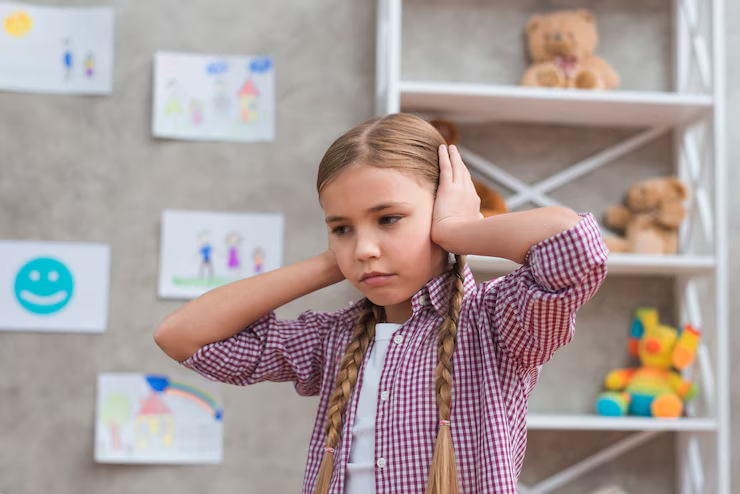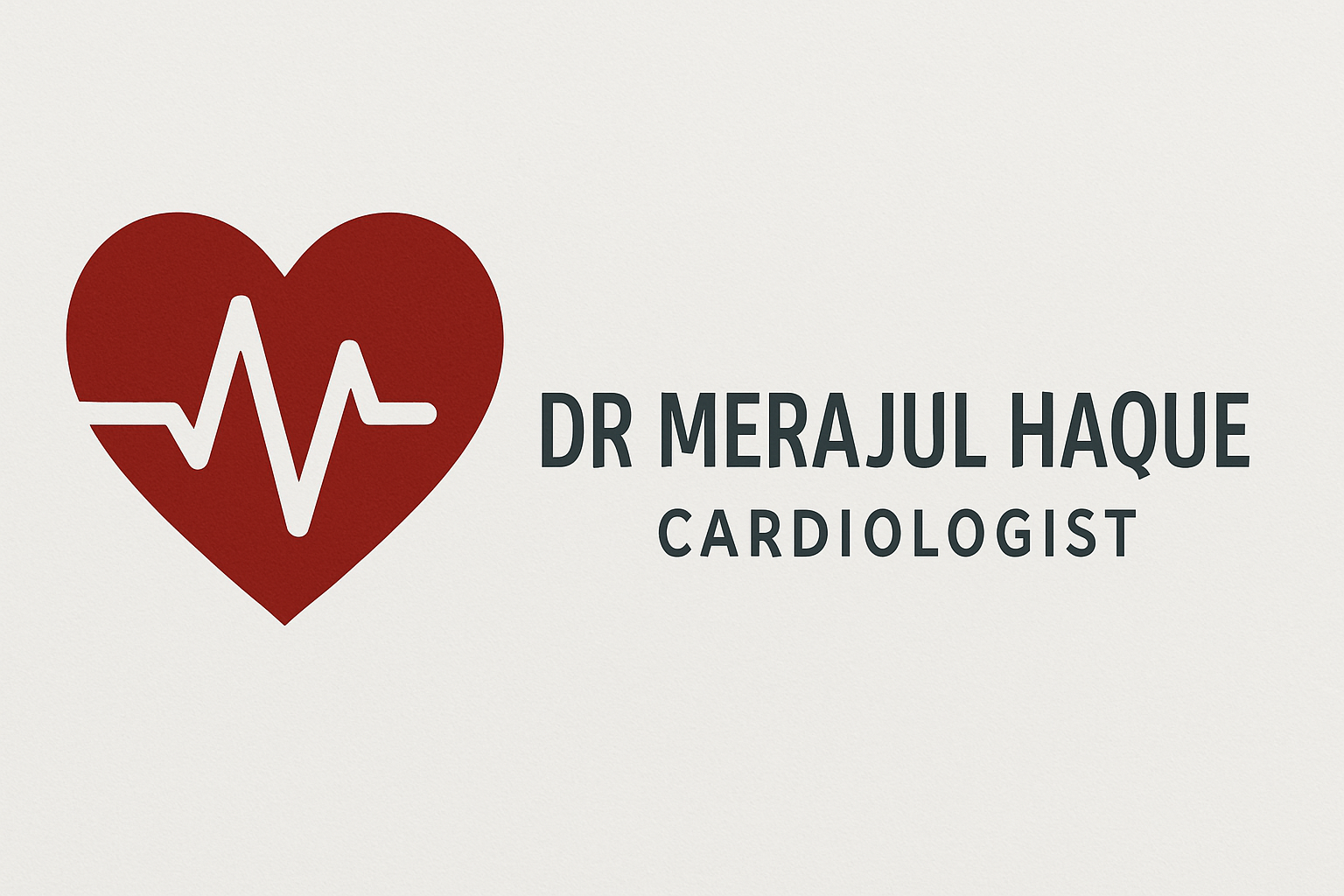
Child Seizures: What to Do in an Emergency?
Witnessing your child having a seizure can be one of the most frightening experiences for any parent. Understanding what seizures are, recognizing the signs, and knowing how to respond appropriately can make all the difference in keeping your child safe during these critical moments.
Understanding Seizures in Children
A seizure occurs when there is abnormal electrical activity in the brain, causing temporary changes in behavior, movement, feelings, or consciousness. Seizures are more common in children than many parents realize, affecting approximately 1 in 26 people at some point in their lives, with many first seizures occurring during childhood.
Common Types of Seizures in Children
Generalized Seizures:
- Tonic-clonic seizures (formerly called grand mal): The most recognizable type, involving stiffening and jerking movements
- Absence seizures (petit mal): Brief episodes where the child appears to “zone out” or stare blankly
- Myoclonic seizures: Sudden, brief muscle jerks
Focal Seizures:
- Simple focal seizures: Consciousness remains intact, but there may be unusual sensations or movements
- Complex focal seizures: Consciousness is altered, and the child may perform repetitive movements
Recognizing the Signs
Seizure symptoms can vary greatly depending on the type, but common signs include:
- Sudden stiffening of the body
- Rhythmic jerking movements of arms and legs
- Loss of consciousness or awareness
- Blank staring or unresponsiveness
- Confusion or disorientation
- Unusual sensations (tingling, strange smells or tastes)
- Sudden falls
- Difficulty speaking or understanding
- Repetitive movements like lip smacking or hand rubbing
Emergency Response: What to Do During a Seizure
Stay Calm and Follow These Steps:
Immediate Actions (DO):
- Ensure Safety: Move your child away from dangerous objects or surfaces. Clear the area of furniture, toys, or anything that could cause injury.
- Time the Seizure: Note when the seizure begins. Most seizures last 1-3 minutes, but timing helps medical professionals assess severity.
- Position Safely:
- Turn your child onto their side to prevent choking
- Place something soft under their head
- Loosen tight clothing around the neck
- Stay with Your Child: Provide reassurance and comfort. Remain calm and speak softly.
- Observe and Document: Mental note of seizure characteristics, duration, and any triggers you noticed.
Critical DON’Ts:
- Never put anything in the child’s mouth – contrary to popular belief, people cannot swallow their tongue during a seizure
- Don’t restrain or hold down your child during the seizure
- Don’t give water, food, or medication during the seizure
- Don’t leave your child alone during or immediately after the seizure
When to Call Emergency Services (911)
Seek immediate emergency medical attention if:
- The seizure lasts longer than 5 minutes
- Your child has difficulty breathing or appears blue
- Your child is injured during the seizure
- Another seizure begins shortly after the first one ends
- Your child doesn’t return to normal consciousness after the seizure
- This is your child’s first seizure
- Your child has diabetes or is pregnant
- The seizure occurs in water
After the Seizure: Postictal Care
The period immediately following a seizure is called the post-ictal phase. During this time:
- Your child may be confused, tired, or disoriented
- Allow them to rest in a safe, comfortable position
- Stay with them until they are fully alert and oriented
- Provide comfort and reassurance
- Don’t give food or drink until they are fully conscious
Common Seizure Triggers in Children
Understanding potential triggers can help prevent future seizures:
- Fever (especially in young children)
- Sleep deprivation or irregular sleep patterns
- Flashing lights or visual stimuli
- Stress or excitement
- Illness or infection
- Certain medications or missed medication doses
- Low blood sugar
- Dehydration
Creating a Seizure Action Plan
Work with your child’s healthcare provider to develop a personalized seizure action plan that includes:
- Specific instructions for your child’s seizure type
- When to administer rescue medications (if prescribed)
- Emergency contact information
- When to call 911
- Post-seizure care instructions
Long-term Management and Support
Medical Follow-up
Regular monitoring and follow-up care are essential for children with seizures. This may include:
- Neurological evaluations
- EEG (electroencephalogram) testing
- Blood tests to monitor medication levels
- Regular medication adjustments as your child grows
School and Social Considerations
- Inform teachers and school staff about your child’s condition
- Ensure the school has a copy of the seizure action plan
- Educate your child about their condition in age-appropriate ways
- Connect with support groups for families dealing with seizures
Prevention Strategies
While not all seizures can be prevented, you can reduce risk by:
- Ensuring adequate sleep and maintaining regular sleep schedules
- Managing stress and providing emotional support
- Keeping your child well-hydrated and maintaining proper nutrition
- Following medication schedules exactly as prescribed
- Avoiding known triggers when possible
- Keeping up with regular medical appointments
Building Confidence and Preparedness
Remember that with proper knowledge, preparation, and medical care, most children with seizures can lead normal, active lives. The key is being prepared, staying informed, and working closely with healthcare professionals.
Education is your most powerful tool. The more you understand about your child’s condition, the better equipped you’ll be to handle emergencies and support your child’s overall well-being.
When to Consult a Specialist
If your child experiences seizures, it’s important to work with a pediatric neurologist who specializes in childhood seizure disorders. These specialists can provide comprehensive evaluation, accurate diagnosis, and personalized treatment plans.
Expert Medical Care Recommendation
For families in the Lucknow area dealing with childhood seizures and neurological concerns, we recommend consulting with:
Dr. Richa Child Neuro
Pediatric Neurologist
Address:
Sector – A, Pocket – 1, Amar Shaheed Path, Golf City, Lucknow, Uttar Pradesh 226030
Contact:
Mobile: +91 9599458468
